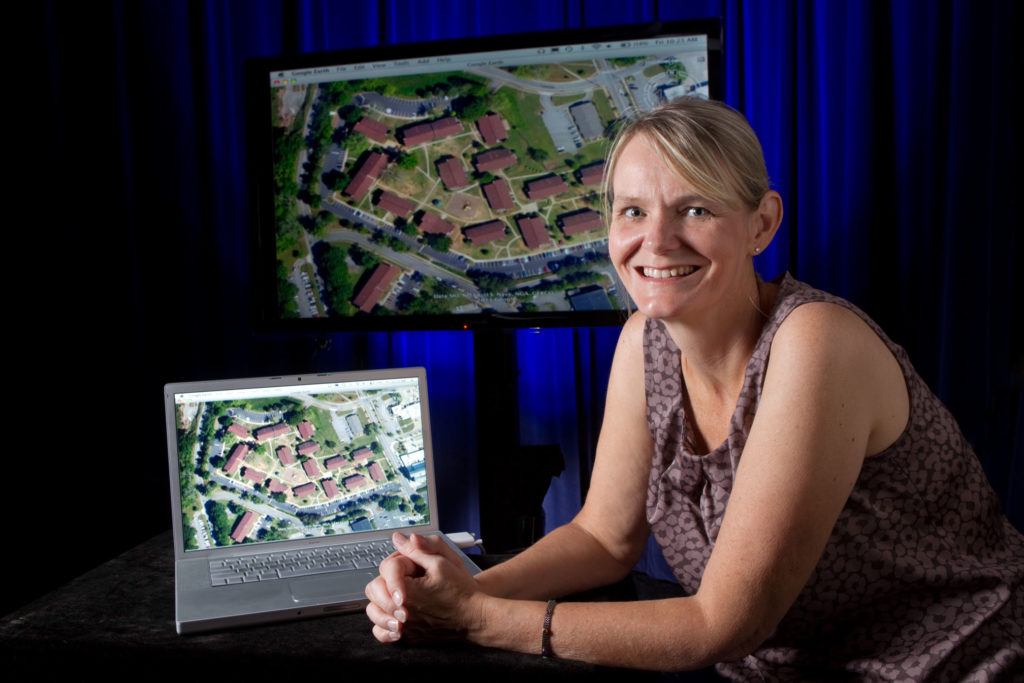Athens, Ga. – An increased understanding of the housing and neighborhood revitalization issues facing Georgia’s rural and small-town communities will help researchers at the University of Georgia address needs in these communities.
Led by the College of Family and Consumer Sciences’ Kim Skobba, an assistant professor of financial planning, housing and consumer economics, UGA is using a five-year, $474,998 grant from the U.S. Department of Agriculture to conduct the research. The research team will be assessing housing and neighborhood challenges and collecting community-level social capital data for 353 small and nonmetropolitan municipalities in Georgia.
This Agriculture and Food Research Initiative grant was awarded through the National Institute of Food and Agriculture, which supports projects that sustain and enhance agriculture and related activities in rural areas and protect the environment, enhance quality of life and alleviate poverty.
“We’re looking at how these communities use social networks and social capital to bring about change related to housing and neighborhood revitalization,” Skobba said.
Researchers will use communities selected from the Georgia Initiative for Community Housing as well as small, rural communities not a part of GICH to compare needs and issues. These comparison communities will help researchers see whether or not capacity building programs enhance social capital and support.
GICH is a technical assistance program that “helps communities improve their quality of life and economic validity through the development of locally based housing and revitalization strategies,” said Karen Tinsley, GICH program coordinator.
The UGA researchers will help develop “the local capacity of these smaller communities in terms of them being able to improve their economic and community development,” among other things.
The program “helps communities get off the ground and meet their own housing needs,” said Sharon Gibson, a multicultural extension specialist at UGA.
The study will map social networks used to address these housing issues and other community problems.
Jerry Shannon, a limited-term assistant professor in community geography, is also working with groups in each community to locate hot spots of housing needs.
“By using spatial analysis and new online mapping tools, these communities will be able to map out current problems and share housing development plans with a broad audience,” Shannon said.
“This research will inform the development of training materials for extension agents and community members-the content will focus on helping communities understand the importance and use of social capital to improve housing stock while addressing neighborhood revitalization,” Gibson said.
“What we hope to learn is how programs like GICH can build networks that might enhance the ability to solve problems in communities, and what we really hope to see is whether this is something that can be replicated in other parts of the state,” Skobba said.
Overall, the researchers aim to provide technical assistance, increased public awareness and policy solutions through the integration of research, education and extension activities.
The Office of the Vice President for Public Service and Outreach is a financial sponsor of the Georgia Initiative for Community Housing. Georgia Power Co. is serving as the founding sponsor of GICH, which allows the program to be provided to communities at no cost.
For more information on the study, “Utilization of Community Social Capital to Address Housing Needs,” see http://portal.nifa.usda.gov/web/crisprojectpages/1005222-utilization-of-community-social-capital-to-address-housing-needs.html.
